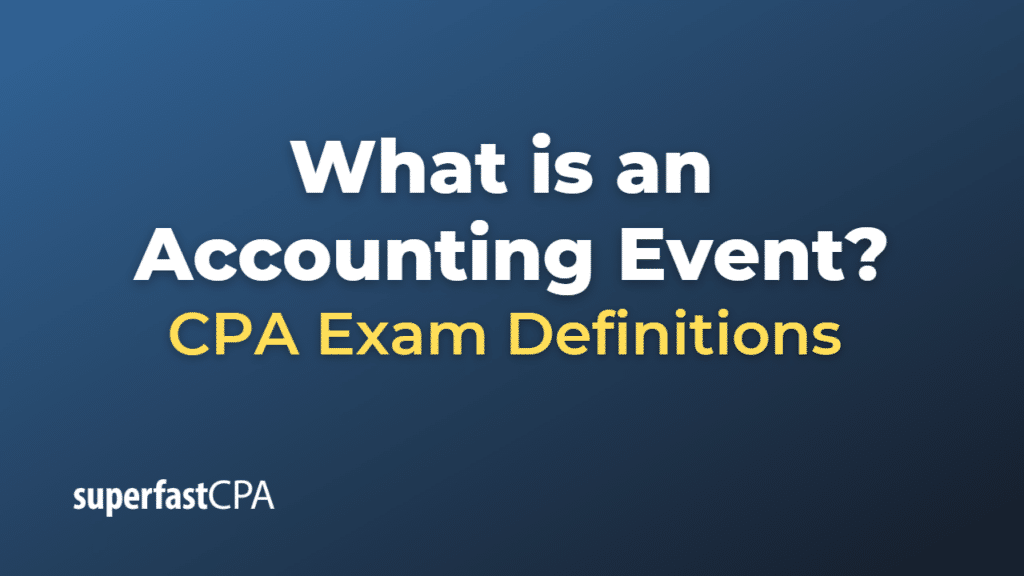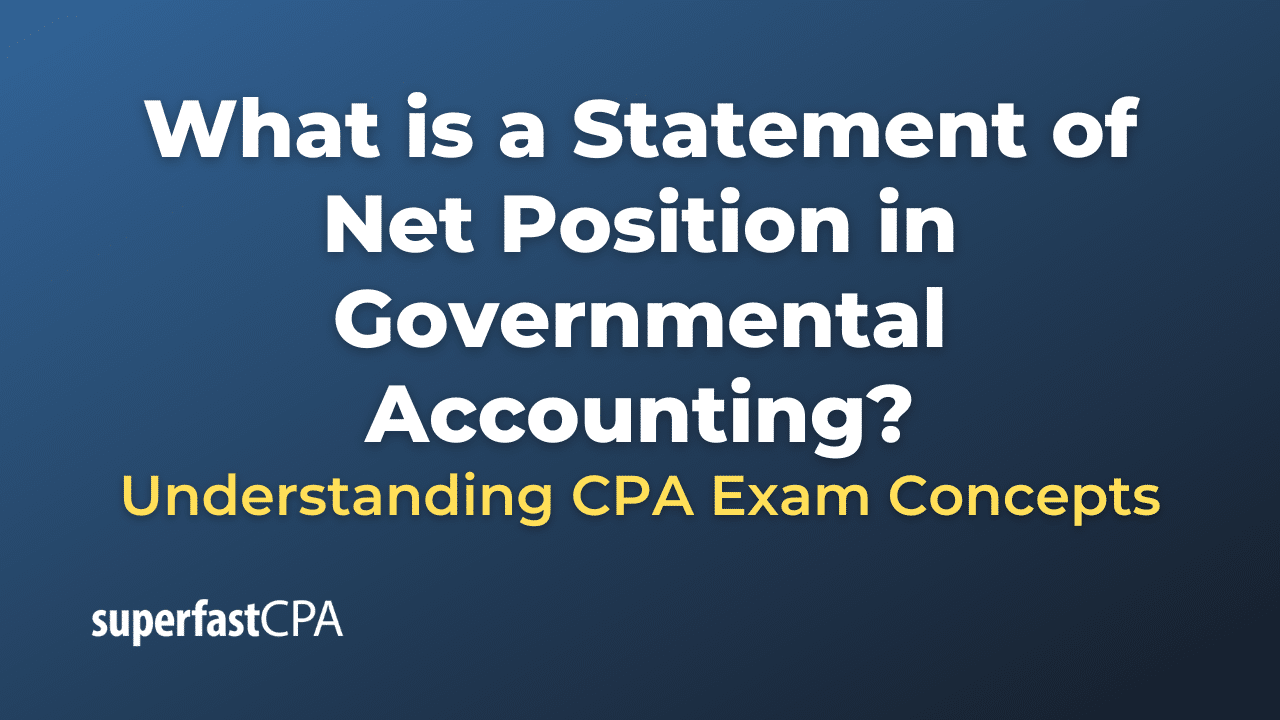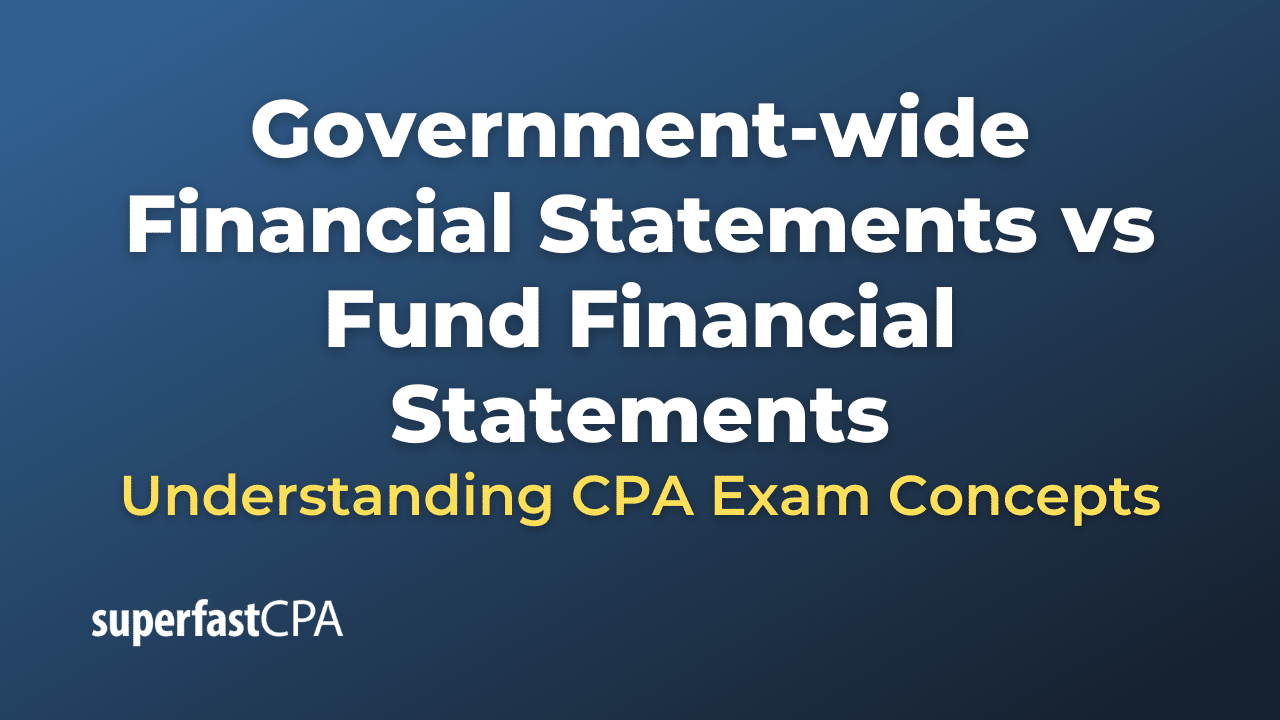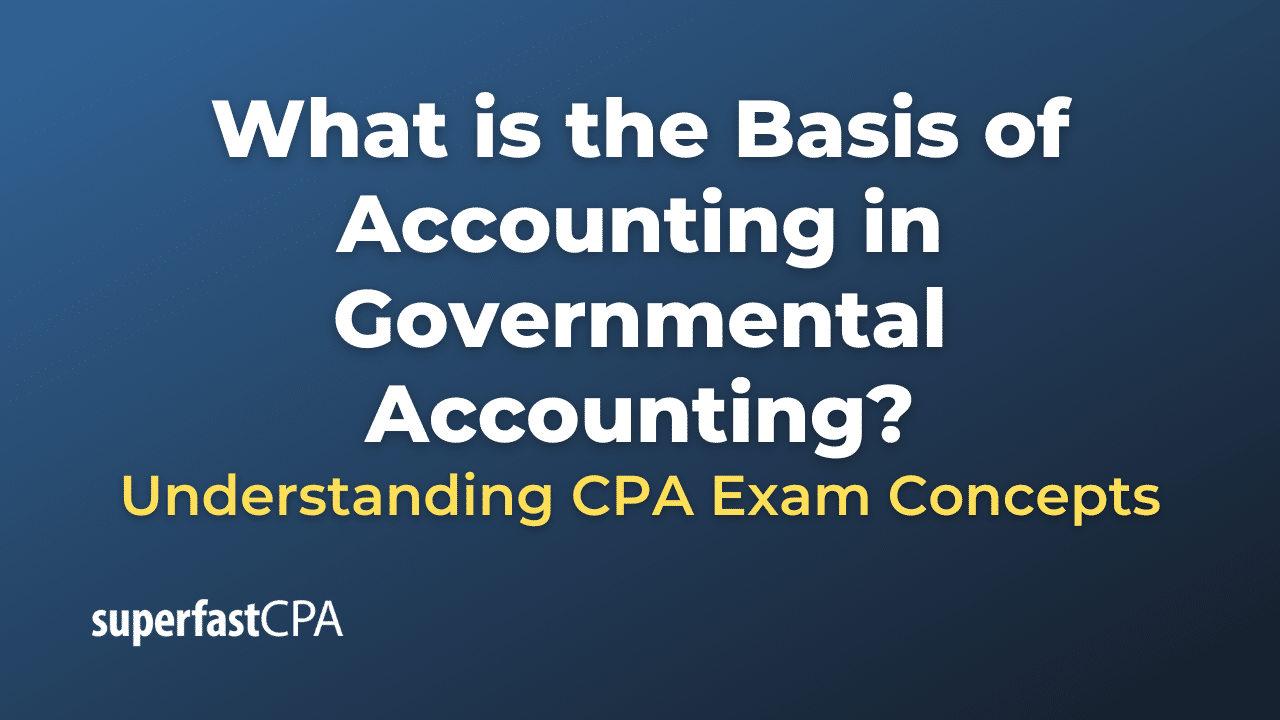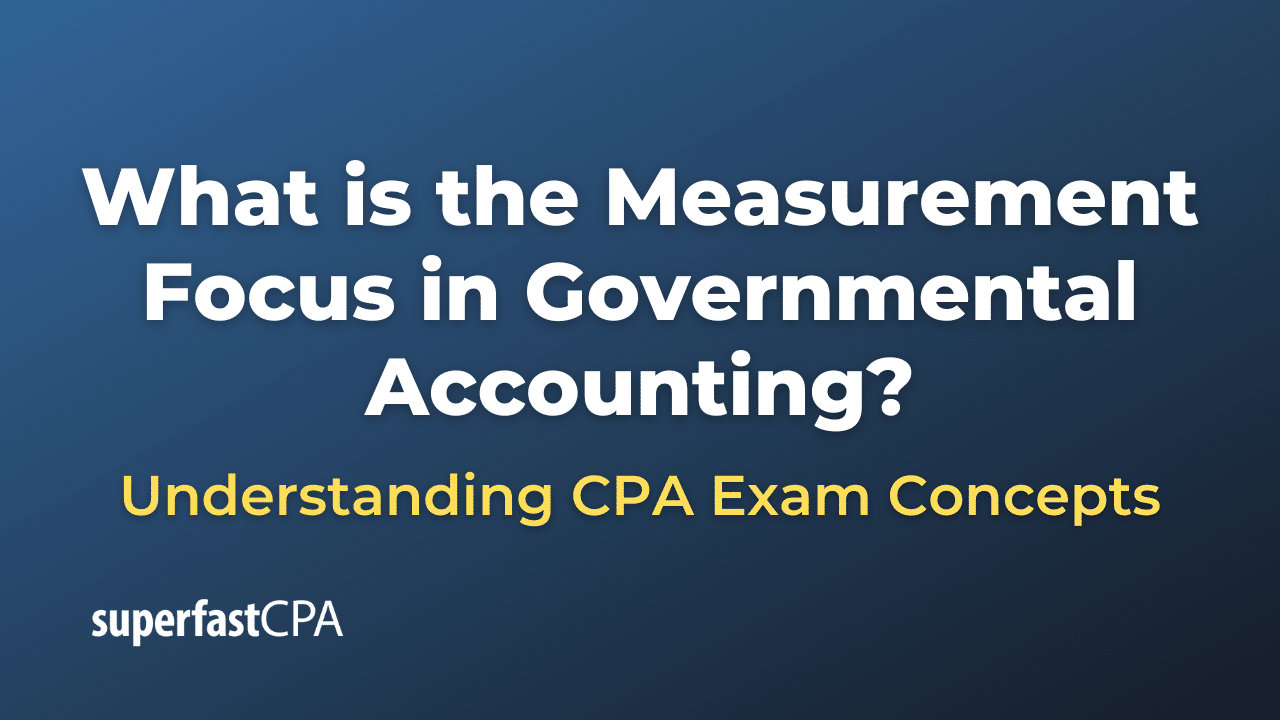Accounting Event
An accounting event is a financial transaction or occurrence that impacts an organization’s financial position and requires recording in its accounting system. Accounting events can result from internal or external activities, and they typically involve changes in assets, liabilities, equity, revenues, or expenses. The purpose of recording accounting events is to track an organization’s financial activities, prepare accurate financial statements, and support decision-making by management, investors, and other stakeholders.
Examples of accounting events include:
- Sales of goods or services: When an organization sells products or provides services to customers, it generates revenue, which impacts its financial position.
- Purchase of inventory or supplies: Acquiring inventory or supplies for business operations typically involves a decrease in cash or an increase in accounts payable, affecting the organization’s assets and liabilities.
- Payment of expenses: Paying for operating expenses, such as salaries, rent, or utilities, impacts the organization’s cash balance and expenses, which affect its financial performance.
- Receipt of cash from customers: When an organization collects cash from customers for previously provided goods or services, it affects its assets (cash) and liabilities (accounts receivable).
- Borrowing or repaying loans: Obtaining or repaying loans affects an organization’s liabilities and cash, impacting its overall financial position.
- Issuing or repurchasing shares: When a company issues new shares or repurchases outstanding shares, it impacts its equity and cash balances.
- Depreciation or amortization: The systematic allocation of an asset’s cost over its useful life impacts the carrying value of the asset and the organization’s expenses.
- Adjustments for bad debt or warranty expenses: Estimating and recording adjustments for potential losses, such as uncollectible receivables or warranty claims, affect the organization’s assets, liabilities, and expenses.
Accounting events are recorded in an organization’s general ledger using the double-entry bookkeeping system. This system requires that each accounting event be recorded with at least two entries: a debit and a credit, ensuring that the organization’s financial records remain in balance. The process of identifying, analyzing, and recording accounting events is a fundamental part of an organization’s accounting cycle and is essential for producing accurate and reliable financial statements.
Example of an Accounting Event
Let’s consider a fictional example of a small bakery, “Sweet Treats Bakery,” to illustrate an accounting event and the related journal entries.
Sweet Treats Bakery purchases $3,000 worth of baking ingredients (flour, sugar, eggs, etc.) from a supplier on credit. This transaction is an accounting event, as it impacts the bakery’s financial position, specifically its assets (inventory) and liabilities (accounts payable).
To record this accounting event, Sweet Treats Bakery would make the following journal entry in its general ledger:
| Date | Account | Debit | Credit |
|---|---|---|---|
| 03-23-2023 | Inventory | $3,000 | |
| Accounts Payable | $3,000 |
This journal entry records an increase in the bakery’s inventory (an asset) by $3,000, which represents the cost of the purchased baking ingredients. Simultaneously, it records an increase in accounts payable (a liability) by $3,000, representing the amount owed to the supplier.
When Sweet Treats Bakery pays the supplier at a later date, it would record another accounting event with the following journal entry:
| Date | Account | Debit | Credit |
|---|---|---|---|
| 04-15-2023 | Accounts Payable | $3,000 | |
| Cash | $3,000 |
This journal entry records a decrease in accounts payable (a liability) by $3,000, as the bakery has settled its obligation to the supplier. It also records a corresponding decrease in cash (an asset) by $3,000, reflecting the cash payment made.
By recording these accounting events in its general ledger, Sweet Treats Bakery can accurately track its financial activities and produce reliable financial statements that reflect its financial position and performance.

